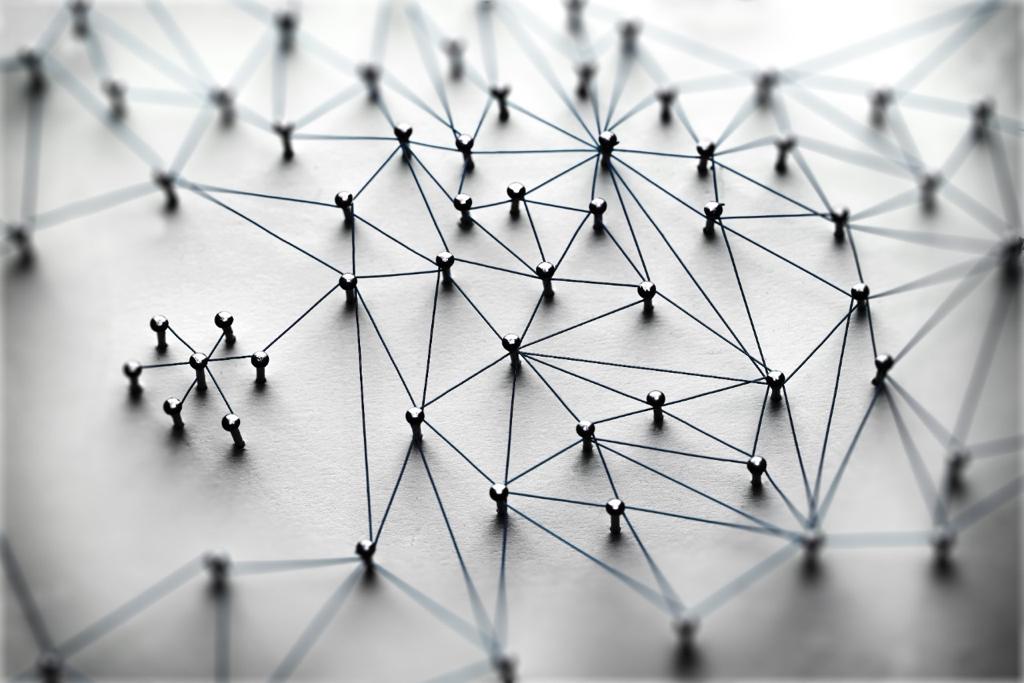
Spending & Economic “De-Growth”…New Generation’s Role ?
Recently, several reports highlighted the term, “De-growth”, discussing its impact on global economy, a new phenomena, emerging amongst GenZs & Millennial generations. De-growth is caused by less appetite for spending. Reports state that spending is decreasing by these generations, while increasing by others. Since these two, will dominate the population in less than a decade, lower spending will have a big impact on regional & global economies. Some relate this to youth’s awareness of environmental issues & their focus on “purpose” in life vs previous generations, which diverted their interests from prevalent conventional spending (focused on clothes, eating out, high value items, cars etc.,), to a new spending culture, driven by purpose. Some believe that this might be an expression of rejection of irrational shopping cultures, driven by propaganda & tendency for showoff, causing waste, while others think it is a result of financial difficulties, due to, inflation, higher costs, loans, inadequate incomes etc. About 75% of this generations have reduced spending & changed shopping habits, especially on items like ; grocery, eating out, clothes, cars etc., which may lead ultimately to “de-growth”, a highly undesirable situation by businesses, governments & economists. These two generations, constitute, over 55% of global population, which in a decade or so, will dominate societies, hence will have huge impact on economies. GenZs & Millennials, are tech savvy, purpose-driven & are sensitive to environmental issues, especially Genzs. Therefore, economists & sociologists are trying to understand & analyze this phenomena so can adjust marketing strategies accordingly. The Human Model book explains how predictability of the future with these generation can be enhanced using proposed science theories and techniques.These generations care more about earth & environment, sensitive to waste & more mindful for what is going around them.
Post Views : 323